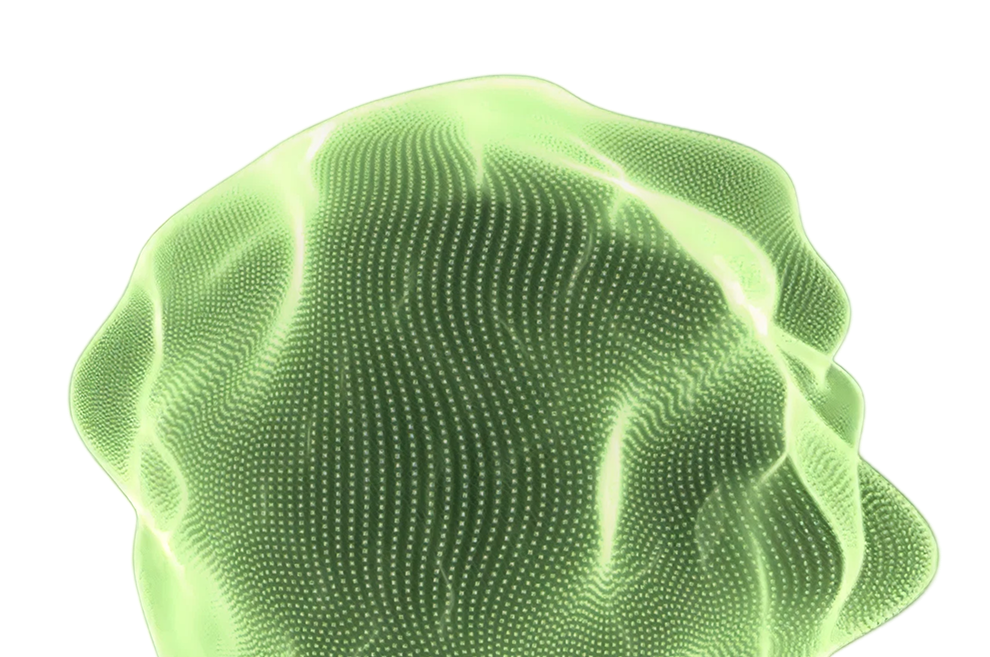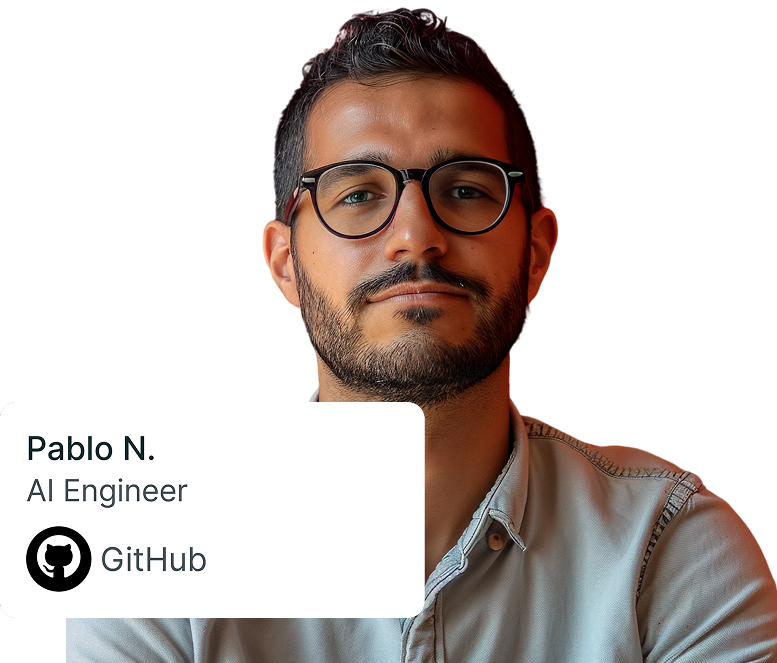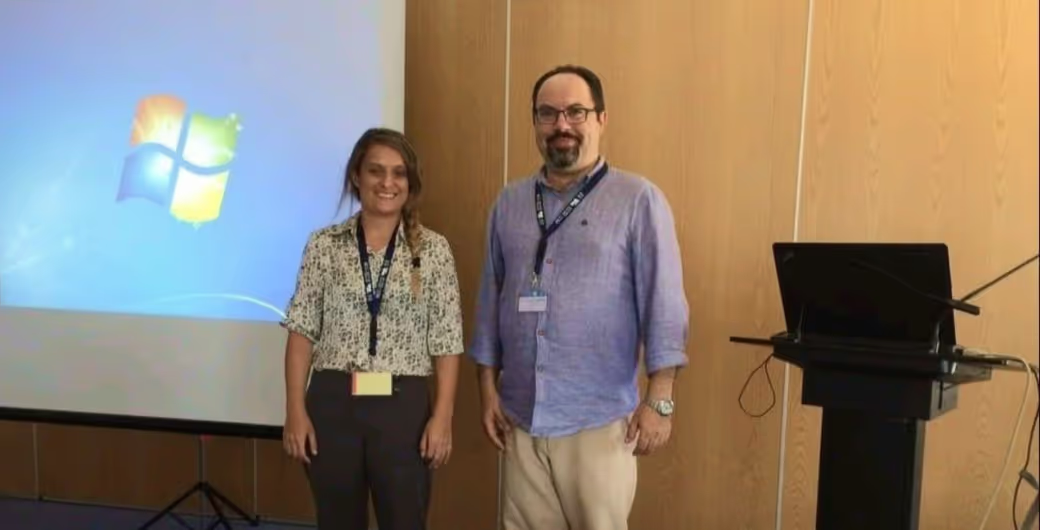Annabel is a Senior Data Scientist based in Rio de Janeiro, Brazil. This is her story.
As a child, Annabel wanted to be a scientist and build robots that would save the world. Years later, as a grade A student, and driven by a thirst for knowledge, Annabel studied Computer Science at university before pursuing both a master’s and PhD in 3G technology. An accomplished technologist, Annabel has more than a decade of hands-on experience in research, where she has published over 30 articles and won 14 awards, including Google's Brazil Women in Technology Award, and has worked as a professor at the Institute of Technology INFNET.
It was always my dream to build a career around studying. I’ve researched technology and honed my craft for as long as I can remember. As a child, I wanted to become a scientist when I grew up, building robots that would help save the world.
As I got older, I realized I didn’t need robots. With the right amount of research and education, I could work with technology to make life better for other people.
You need to love what you do, and I’m blessed with having a job I enjoy. I started working with computer science in 2005 and I remember wanting to do absolutely everything tech related. Computer science, AI (Artificial Intelligence), robotics… I kept thinking, “how can I apply everything that I love to one job, so I work with every type of tech?” I decided to pursue computer science at PUC Minas University and try my hand at all forms of technology.
My first class was coding. I studied C++ and I remember my teacher discussing how to build a coffee machine into an algorithm. I was totally confused; applying a coding language to a household object made no sense. But gradually, logic kicked in. I tend to over think things, but I soon realized that if I could focus my mathematical brain, it could be the perfect partner for technology.
When you study and work in computer science, logic is your best friend. You must be more focused and proactive to solve problems.
One challenge I was determined to take on was understanding how 3G networks worked. I was driven by a need to learn. I asked my teacher: “‘how can I explore 3G?”’ She said, “don’t just focus on 3G, look to the future… learn about 4G too.”
I wanted to understand how things work, and to do that, I had to focus on what was coming next.
My main obstacle at this point in my studies was my English skills; my English was poor. I was an undergraduate student, still very young, and I had never had the chance to practice either speaking or writing English. I ended up using Google Translate to communicate with English speakers.
I knew I would have to solve this problem by myself. But I do love a challenge. I started watching films and videos with subtitles in English. As I was learning more about tech, I was using my research skills to perfect my English. Both 3G networks and English were studied in tandem!
As my English improved, so did my 3G knowledge. I started applying artificial intelligence research to my 3G work, and I completed and submitted my final paper on “Simulation and Analysis of Call Admission Controls in 3G UMTS Networks.”
Back in 2007, working in 3G, AI was the next logical step in my research. I began a masters, again at PUC Minas, where I conducted all my undergraduate research and studies. I respected my advisors and knew I had more to learn from them.
As my master’s in computer science and informatics reached the final stage, I decided to start a PhD.
I submitted my PhD application to a university in Denmark because I wanted to see if I was good enough to be accepted. They made me an offer, but I’m very connected to my work and family life in Brazil. Brazil is my home, and I’d made such great strides in my research at PUC Minas. I decided to stay in Brazil.
And then I applied to UFMG.
UFGM is the only university that had a PhD program connected to how artificial intelligence applies to sensor networks and is known all over the globe, so I thought “I'm going to apply there as well. Just let me see if I'm good enough to be there too.”
And I was.
In 2009 I received two scholarships to study at UFMG, specializing in vehicular networks.




.png)



.avif)






